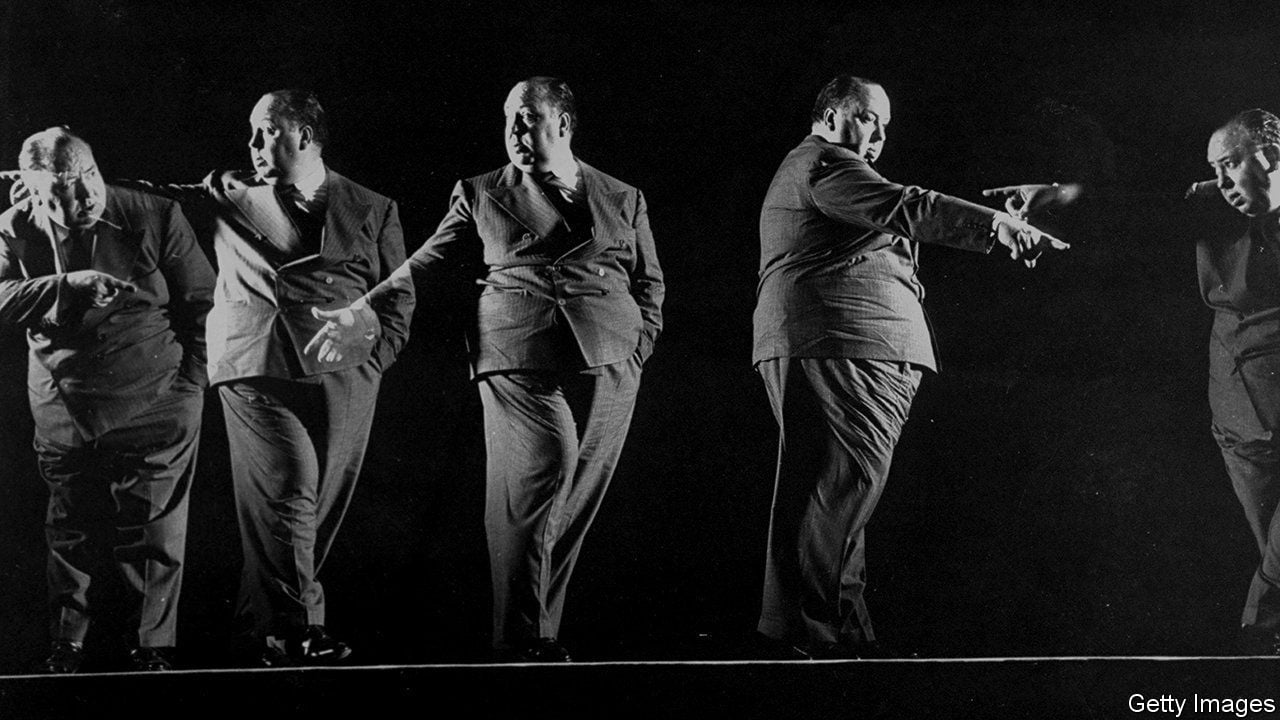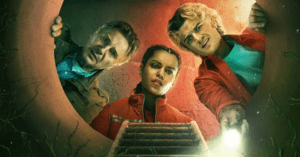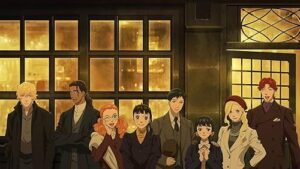
Alfred Hitchcock (August 13, 1899–April 29, 1980) was a prominent figure whose impact is profoundly embedded in the world of cinema. In his six-decade career, he directed over 50 feature films. He was known for his dominance over suspense, thrillers, and psychological drama. He was often referred to as the “Master of Suspense.” Critic John Russell Taylor described him as a “straightforward middle-class Englishman who just happened to be an artistic genius.” Alfred Hitchcock died in his sleep at his home in Bel Air, leaving behind an eminent legacy. To celebrate the 124th birthday of this creative genius, let’s look at his commendable contribution to cinema.
Alfred Hitchcock: Films and Impact

Some of the popular directors influenced by Hitchcock are Quentin Tarantino, Steven Spielberg, Brian De Palma, George A. Romero, Martin Scorsese, William Friedkin, and David Cronenberg, among others. One of the most popular films of 2023 Greta Gerwig’s Barbie took inspiration from Alfred Hitchcock. Florencia Martin, the production designer of the film, revealed her team drew visual inspiration from Hitchcock’s Psycho. Martin merged aspects of Psycho’s striking but threatening aesthetic to lend a slightly eerie undertone to Barbie’s reality. The objective was to convey that not everything is as colorful as it seems in this picture-perfect plastic land.
For the past few months, a remake of Hitchcock’s Vertigo has been in the works. The film will star Robert Downey Jr. in the role of James Stewart. Big names like Margot Robbie and Jennifer Lawrence are rumored to be a part of this project. Remaking a film is a tough task, and when it’s a Hitchcock film, it’s about hit or miss. Let’s take a glimpse at some of his best works.

Shadow of a Doubt – Starring Teresa Wright, Joseph Cotten, Macdonald Carey, and more. Charlie (Joseph Cotton) visits his relatives at Santa Rose. His niece, Teresa Wright, realizes that he is wanted for murder. Charlie soon learns about her suspicion. Even though one suspected murderer has been killed, she still has her fears. This film was Hitchcock’s personal favorite. It was based on the 1920s real-life serial killer Earle Leonard Nelson. If you haven’t watched this film yet, be prepared to be shocked, stunned, and speechless.
Rebecca – Starring Laurence Olivier, Joan Fontaine, Judith Anderson, and more. Rebecca is the story of a young woman who gets married to a widower. However, she must dwell in the shadow of his former wife, Rebecca. Rebecca mysteriously died several years ago. The new wife must learn some things about her charming but cold husband. The film explores the intricacies of femininity and its thematic relationship to masculinity and dominance.
Psycho – Starring Anthony Perkins, Janet Leigh, Vera Miles, John Gavin, and more. Marion Cane (Janet Leigh) is on the run after stealing $40,000 from her employer to escape with her boyfriend. After traveling on the back roads to avoid the police, she stops at the Bates Motel. Here she meets Norman Bates, and the thriller commences. At its core, this film is about shame, in which guilt is a formidable factor. This is one of the most popular and twisted films by Alfred Hitchcock. It was loosely based on Wisconsin serial killer Ed Gein.
Vertigo – Starring James Stewart, Kim Novak, Barbara Bel Geddes, and more. Detective John Ferguson (James Stewart) retired from the police force after developing a fear of heights. John’s friend Gavin wants him to follow his wife, Madeleine (Kim Novak). He unexpectedly falls in love with his friend’s wife, only to witness her suicide. Devastated by this loss, John later encounters Judy Barton and remakes her in the image of the dead Madeline. Why is there a strong resemblance?
Rear Window – Starring James Stewart, Grace Kelly, Wendell Corey, and more. A newspaper photographer with a broken leg spends his time observing his neighbors through his window. He saw an incident that he believed was murder and tried to solve it with the assistance of his wife and nurse. The film deals with the themes of voyeurism, human isolation, and urban loneliness.
Hitchcock as a Director

Hitchcock never received an Academy Award for best direction. However, he remains one of the finest directors in the history of cinema. Here are some of the facts about Alfred Hitchcock as a director:
- Simplicity – Hitchcock’s films have a simple and linear storyline. He knew an abstract scene or storyline might bore his audience, so he kept his scenes crisp and easy to follow.
- Themes – The common themes of Hitchcock’s films are obsession and morale. Sub-themes of his films are voyeurism, authority, death, guilt, shame, and feminine sexuality. The director challenged censorship throughout his career by implementing taboo subjects such as homosexuality, necrophilia, and more.
- Camera Craft – By offering close-ups of objects, the camera offers a sense of involvement to the audience. Silent directors heavily relied on objects and other elements due to the absence of sound, and this craft helped Hitchcock’s visual storytelling. He could manipulate what his viewers perceive from the movie by what he presents to them and how he does it.
- Actors – Hitchcock often collaborated with the same actors. Cary Grant and James Stewart were his recurring lead actors. Even though he had high regard for actors, he was a visionary director and never left space for input from his actors.
- Scriptwriting – Hitchcock controlled his audiences by creating a psychological drama through the characterization of the main character and supporting characters. In films like Shadow of a Doubt and Rebecca, he uses voiceover to set a gloomy and mysterious tone.
- Music – Edward Rothstein (New York Times) points out that music in Hitchcock’s films functions like a character itself. The director was specific about his choice of music and whether it would create tension and build up to a climax.
- Contrasting Situations – Hitchcock was a master at building tension by using two unrelated scenes at once. In his 1956 film The Man Who Knew Too Much, Jimmy Stewart and Doris Day are in the middle of an overwrought phone call when guests who are joking and laughing turn up. This arrival creates a foil and complication for the real momentum of the tense scene.
- Editing – Hitchcock believed that editing could create perfection. The right choice of music and perfectly edited scenes can create the mood of suspense the story wants to express. Some of his best-edited films are Sabotage, Rope, and Under Capricorn.
If you have any questions regarding Alfred Hitchcock, feel free to ask them in the comments below. For more content, stay tuned. As usual, like, subscribe, and share our articles, as we are trying to build a community of people High on Cinema!






